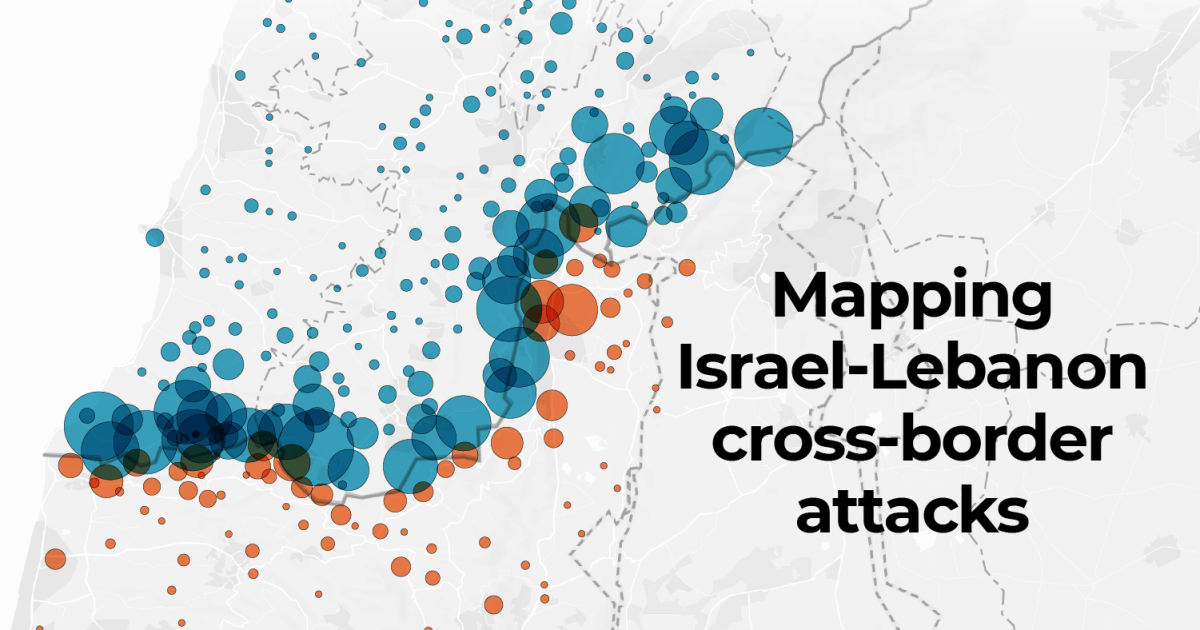Hezbollah’s Warning: Potential Ripple Effects of an Expanded Israel-Lebanon Conflict
Tensions between Israel and Hezbollah, a Lebanese group, have escalated as Israel’s military operations in Gaza continue. Hezbollah has expressed concern that any further escalation of hostilities by Israel could lead to broader repercussions across the Mediterranean region.
Background of the Conflict
Hezbollah was established in 1982 in response to Israel’s invasion of Lebanon. Since then, tensions have persisted between the two entities. Hezbollah has repeatedly attacked Israel in solidarity with the Palestinian people, including during the recent conflict in Gaza.
Hezbollah’s Response
In response to Israel’s attacks, Hezbollah has vowed to retaliate if Israel widens its operations against Lebanon. The group has warned that it will match Israel’s aggression and is prepared to confront any further escalation.
Military Capabilities
Both Israel and Hezbollah possess significant military capabilities. Israel has an array of advanced missiles, many of which are domestically produced or supplied by the United States. Israel also employs several air defense systems to counter incoming rockets and missiles.
Hezbollah, on the other hand, has an estimated arsenal of 130,000 rockets, including short-range Grad-type missiles and longer-range Fajr and Zelzal missiles. The group’s arsenal also includes drones.
Regional Implications
Hezbollah’s warning of a ripple effect highlights the potential for a broader regional conflict. An escalation of hostilities between Israel and Lebanon could draw in other countries in the region, including Syria and Iran, who have close ties to Hezbollah.
Such a conflict would have significant consequences for the stability of the entire Mediterranean region. It could lead to widespread destruction, displacement of civilians, and further tension between Israel and its neighbors.
International Reactions
The international community has expressed concern over the escalating tensions between Israel and Hezbollah. The European Union has called for restraint on both sides and a return to dialogue. The United States has also urged de-escalation and expressed support for Israel’s right to self-defense.
The United Nations Security Council has convened several meetings to discuss the situation, but no resolution has been reached. The ongoing conflict remains a major concern for the international community.
Outlook
The future of the Israel-Hezbollah conflict remains uncertain. Both sides have signaled a willingness to escalate hostilities if necessary. However, there are also calls for restraint from both the international community and within Israel and Lebanon.
The potential for a ripple effect across the Mediterranean region is a serious concern. A wider conflict would have devastating consequences for the region and beyond.
